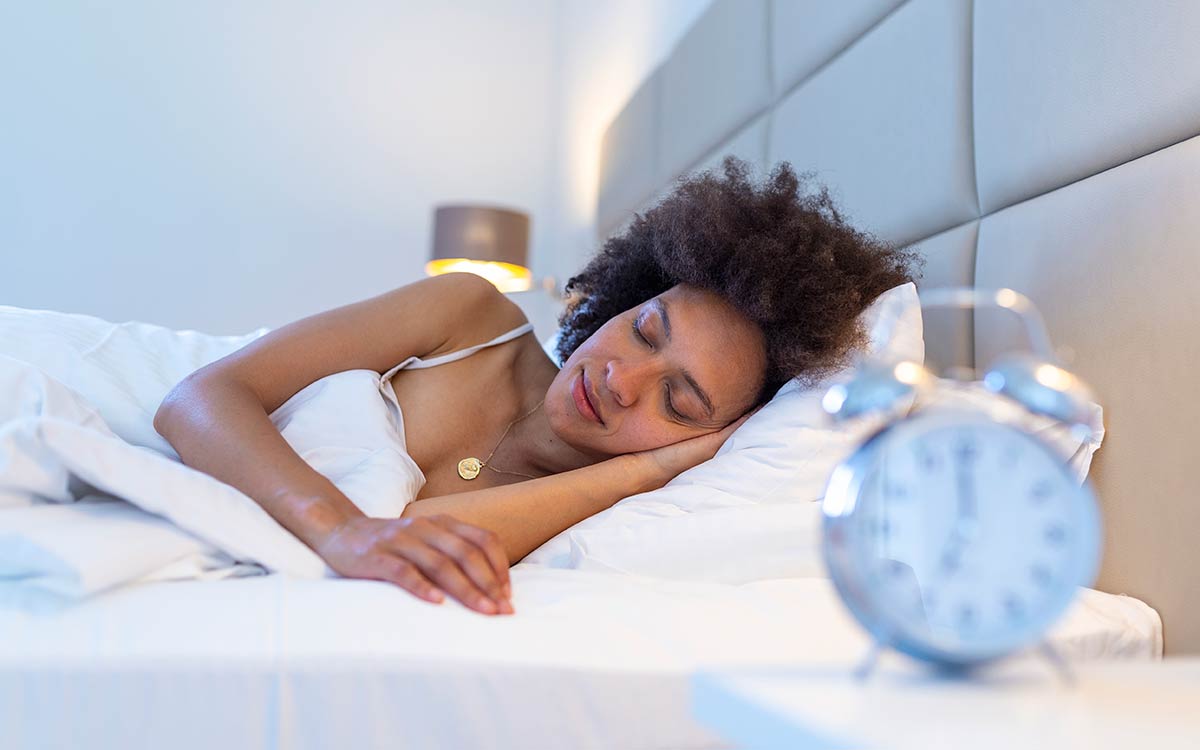
We all find inspiration in different ways—sometimes in the strangest of places, and as for me, sleep deprivation seems to be an oddly effective motivator for an article about sleep hours. Maybe it’s my brain throwing some frantic spasm of creativity just before it shuts down completely. Or perhaps, just maybe, we’ve all been misled about how much sleep we actually need.
I mean, we’ve been told time and again that eight hours of sleep is the required minimum, well, I have been told this since childhood, and it made me miss quite several night movies on the premise of bedtime. But, is that really the case, or have we all just been running on bedtime propaganda?
Where Did The 8-Hour Sleep Myth Come From?
So, I did some research, and it turns out the idea that everyone needs exactly eight hours of sleep isn’t some ancient biological truth, but more of a general guideline most likely from early 20th-century studies on worker productivity, and later became the go-to recommendation for the masses. That said, modern sleep research suggests that sleep needs vary greatly from person to person.
According to the National Sleep Foundation (yeah, that actually exists), most adults need anywhere between seven to nine hours of sleep per night, but some function perfectly fine on as little as six, while others feel like zombies without a full nine.
How Sleep Cycles Work: It’s Not Just About Hours
Before we start debating on what number of hours is best for sleep, I think it’s important to learn a little about sleep cycles, since these are what actually determine quality sleep.
A full sleep cycle lasts about 90 minutes and includes different stages, from light sleep to deep REM (Rapid Eye Movement) sleep, and completing these cycles is what truly determines whether you wake up refreshed or groggy.
This means that waking up at the end of a sleep cycle (rather than in the middle of deep sleep) is more important than hitting a magic number of hours. If you’ve ever woken up from a six-hour sleep feeling great but felt awful after a full eight, your sleep cycle timing might be the reason…explains why sometimes you will sleep for a very short time and feel refreshed and energized, and then at another time sleep for a longer session but wake up drained of energy instead.
Can You Function on Less Sleep?
Short answer: it depends.
Some people, known as short sleepers, naturally require fewer hours of sleep due to genetic factors. These lucky individuals can pretty much function on just four to six hours of rest without any noticeable drop in cognitive performance. However, for the majority of people, consistently getting less than six hours of sleep can lead to:
- Increased risk of heart disease and stroke
- Impaired memory and decision-making
- Mood swings and irritability
- Weakened immune function
If you’re one of those people who claim to function just fine on five hours of sleep but find yourself relying on caffeine and struggling with concentration, chances are you’re just used to being sleep-deprived, not thriving on it. In fact, research shows that very few people can survive on four hours of sleep, with most adults needing seven or more hours of sleep per night. Those who sleep less have a special gene specifically for that, and the chances are pretty slim for someone to have it. – Gene Identified in People Who Need Little Sleep, National Institutes of Health.
How to Find Your Ideal Sleep Duration
If eight hours isn’t a one-size-fits-all rule, how then do you determine the right amount for you? Here’s a simple way to experiment:
Track Your Sleep – Try different sleep durations (six, seven, eight, or nine hours) and record how you feel in the morning.
Align with Your Sleep Cycles – Aim for multiples of 90 minutes (e.g., 6 hours, 7.5 hours, or 9 hours) to wake up at the end of a cycle.
Observe Your Daily Energy Levels – If you feel alert without caffeine/energy drinks and don’t experience midday crashes, you’ve likely found your optimal sleep time.
Quality Over Quantity for Better Sleep
That said, even if you’re hitting your ideal sleep duration, sleep quality is just as important because just sleeping 9 hours doesn’t necessarily guarantee that those hours contributed to your body recharge.
Stick to a Consistent Sleep Schedule – Going to bed and waking up at the same time every day helps regulate your internal clock.
Limit Screen Time Before Bed – Blue light from screens can interfere with melatonin production, making it harder to fall asleep.
Create a Sleep-Friendly Environment – Keep your room dark, quiet, and cool for optimal rest.
Avoid Caffeine Late in the Day – Try to cut off caffeine intake at least six hours before bedtime.
Wind Down Properly – A pre-sleep routine, such as reading or meditation, signals your body that it’s time to rest.
The eight-hour sleep rule might work for some, but it’s far from a universal law, and you probably already know this by now. we all have different sleep schedules and requirements. Your ideal sleep duration depends on your body, lifestyle, and personal needs.
So, do you really need eight hours of sleep? Maybe. Maybe not. Instead of obsessing over a specific number, focus on how you feel and aim for consistent, high-quality sleep. That said, if you’re reading this at 2 a.m., you should probably go to bed.
1 thought on “Do You Really Need 8 Hours of Sleep, I Put It to the Test”
Well, I am reading this at 1.11a.m, so I think I have a few more minutes before I should probably go to bed 🤣😂🙌